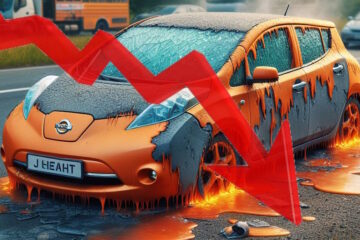 If you want to take a DNA test with 23andme.com, myheritage.com or ancestrydna.com you would be well served to think twice because these tests are much less “accurate” than you might think and they put you and your family at risk.
If you want to take a DNA test with 23andme.com, myheritage.com or ancestrydna.com you would be well served to think twice because these tests are much less “accurate” than you might think and they put you and your family at risk.
How Are DNA Tests Misleading?
DNA tests are misleading because they give your impression of scientific certainty when in fact there is a great deal of uncertainty involved because:
1 – Where You Are From OR Where People Live Today?
DNA tests are NOT comparing you to where humans came from, they are comparing you to where they live today. DNA reference databases to which you are compared, are compiled from populations in the last decade or so. This means that it is quite likely that in the future, people of Syrian decent may be reported as being German because of the large Syrian immigration into Germany in the last few years.
2 – Small Sample Sizes
DNA tests are primarily comparing your DNA to a relatively small sample size because they are so new
3 – Tiny Amount of DNA is Being Considered
DNA tests are NOT considering very much of your DNA. Out of a typical strand of DNA containing about 3 billion basepairs, DNA test will make determinations based on as few as 10 pairs. The best tests look at about 70 pairs.
4 – Likelyhood VS Certainty
In todays world we are lead to believe in scientific certainty and DNA testing is certainly held up as one of the most reliable forms of testing. DNA testing is highly reliable for law enforcement to say if a particular strand of DNA does or does not belong to a specific person. However, DNA is not very reliable for drawing racial inferences from. Typical DNA test results will show you your supposed racial heritage with a 50% accuracy rating. The testing companies often burry the details and options to scale that probability up in the details that most people do not read.



1 Comment
Mr Coke · September 9, 2021 at 11:26 pm
Today, most DNA testing offered to consumers is not real medical testing and is just a scam. That will likely change in the future as more information is gathered and more DNA sequences are matched to patterns in diagnosed diseases.